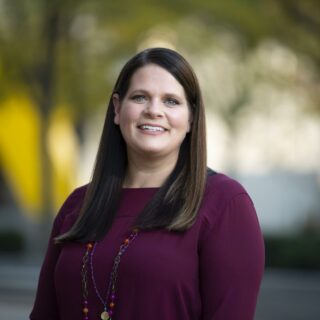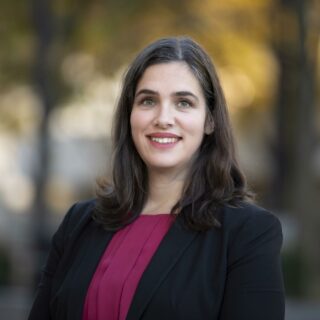Are you a current teacher who wants to better support all readers in your classroom?
The School of Education offers a high-quality, online program that leads to certification as a Reading Specialist (PreK-12) from the Pennsylvania Department of Education. At Pitt, you can earn a standalone Reading Specialist Certificate (24 credits) or combine it with a Master of Education in Reading Education for an additional six credits (30 credits total).
Designed with working educators in mind, this fully online program offers the flexibility to accommodate demanding schedules and professional responsibilities. Candidates engage in coursework that builds specialized knowledge, supports principled practice in supervised settings, and prepares them for literacy leadership roles in schools and districts—all with the convenience of an online program.







